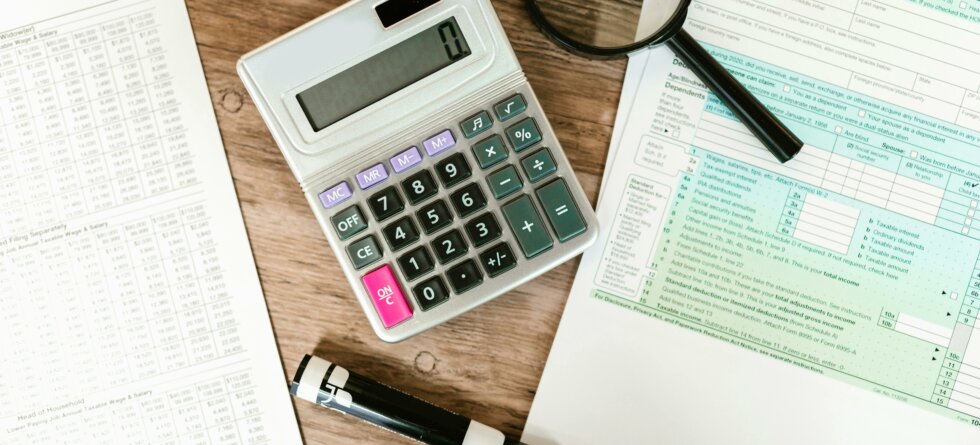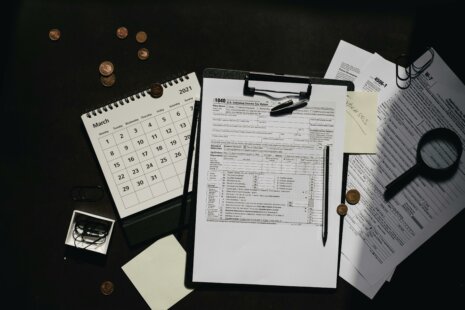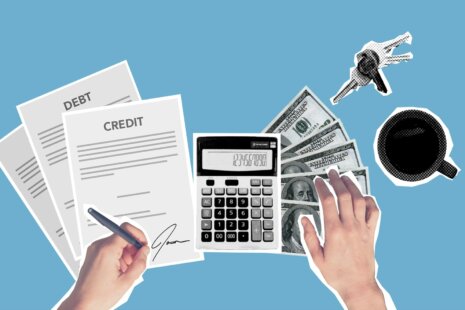The amount you receive back in taxes depends on various factors, including your filing status, deductions, credits, and tax withholding throughout the year.
Here’s a general overview of how your income of $70,000 might affect your tax refund or liability…
- Tax Bracket – The United States has a progressive tax system, meaning that as your income increases, you may move into higher tax brackets, where higher rates apply. As of 2021, for a single filer, $70,000 falls into the 22% tax bracket.
- Deductions and Credits – The amount of deductions and credits you qualify for can significantly affect your tax liability. Deductions, such as the standard deduction or itemized deductions, reduce your taxable income. Credits, such as the Earned Income Tax Credit (EITC) or Child Tax Credit, directly reduce your tax liability.
- Withholding and Payments – Throughout the year, taxes may be withheld from your paycheck by your employer based on the information you provided on Form W-4. If too much tax is withheld, you may receive a refund when you file your tax return. If too little tax is withheld, you may owe additional taxes.
- Taxable Income Calculation – To determine your taxable income, you would subtract any applicable deductions (such as the standard deduction) from your gross income. For example, in 2021, the standard deduction for a single filer is $12,550, so your taxable income would be $70,000 – $12,550 = $57,450.
- Tax Liability Calculation – Once you’ve calculated your taxable income, you can determine your tax liability using the tax rates corresponding to your income bracket. For instance, if your taxable income is $57,450, your tax liability would be calculated based on the rates for the 22% tax bracket.
- Tax Refund or Payment – After calculating your tax liability, you compare it to the total amount of taxes withheld from your paychecks throughout the year. If the amount withheld is more than your tax liability, you would receive a refund. If it’s less, you would owe additional taxes.
It’s essential to consider your individual circumstances and consult with a tax professional or use tax preparation software to get a more accurate estimate of your tax refund or liability based on your specific situation.




